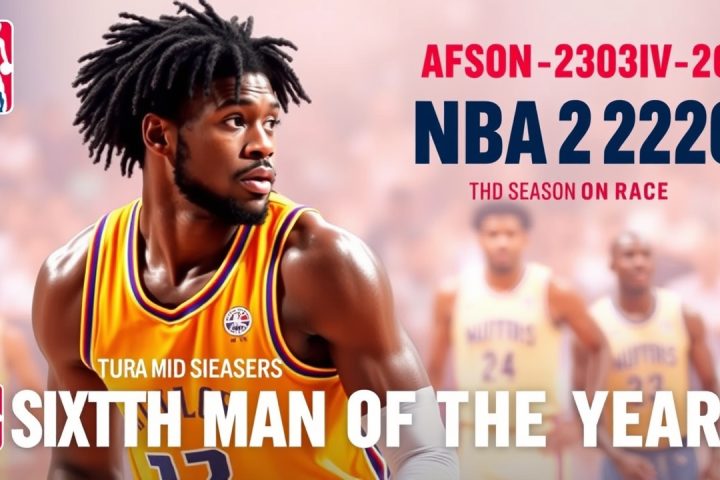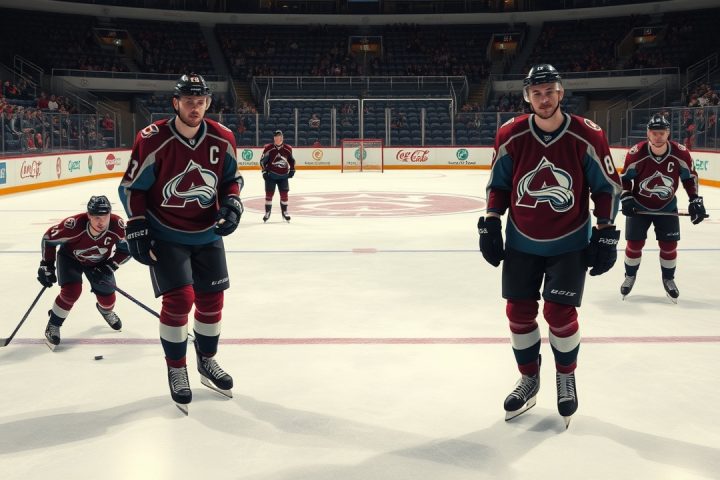NHL Offseason Overview
As the NHL offseason progresses, what was expected to be an exhilarating period has somewhat devolved into a series of unfulfilled expectations. Despite weeks of speculation, significant trades and impactful free-agent signings have been few and far between, leaving hockey enthusiasts craving action as summer drags on. This lack of news creates an environment ripe for discussions and debates, providing the perfect opportunity to place a spotlight on areas of concern emerging around the league.
Boston Bruins: A Mixed Bag
Starting with the Boston Bruins, there’s a mixed bag of optimism and apprehension. The organization has taken a step back in their strategy, effectively acknowledging the need for a rebuild by acquiring draft picks and young prospects like Fraser Minten. Simultaneously, the team gambled on potential success with reclamation projects, such as Casey Mittelstadt and Viktor Arvidsson. However, doubts linger regarding General Manager Don Sweeney‘s ability to effectively retool the roster around stars David Pastrnak and Charlie McAvoy. Sweeney’s history with player development raises questions, especially given this summer’s emphasis on acquiring larger, less skilled players. The five-year contract for Tanner Jeannot, carrying a cap hit of $3.4 million, illustrates this concern, suggesting a troubling commitment to size over skill.
Chicago Blackhawks: Cautious Approach
Transitioning to the Chicago Blackhawks, the offseason posed its own set of dilemmas. With ample salary cap space, the management has been overly cautious, avoiding high-profile signings that might not align with the team’s long-term rebuilding strategy. Pursuing players like Mitch Marner would contradict a patient approach, which the Blackhawks seem committed to, yet they must ensure the veterans on the roster can adequately support emerging talents like Connor Bedard and Frank Nazar. Failure to provide the right environment for these players could hinder their development and potential impact.
Pittsburgh Penguins: Future Uncertain
Meanwhile, the Pittsburgh Penguins find themselves contemplating the future of star defenseman Erik Karlsson, with trade possibilities still on the horizon. Although they are not pressured to act immediately, it’s unclear how Karlsson’s performance this season could affect his trade value, especially given concerns about his aging. The question remains whether teams are willing to engage since potential buyers are dwindling, impacting his prospects for relocation.
NHL Scheduling Decisions
Looking at the league as a whole, the NHL’s scheduling decisions for the 2025-26 season are drawing scrutiny. By standardizing game start times to 7 p.m. local, the intention is to boost viewership; however, this can lead to overcrowded game nights and diminished interest. Despite exciting events like the 4 Nations Face-Off generating enthusiasm, the NHL’s efforts to sustain that interest waned as the postseason unfolded. Opening the season with a game featuring the Panthers and Blackhawks also raises concerns of prioritizing market potential over genuine rivalries, which have historically captivated fans.
Edmonton Oilers: Contract Negotiations
Lastly, the Edmonton Oilers are dealing with growing anxieties surrounding Connor McDavid‘s contract negotiations. While it’s not unprecedented for elite players to take their time before signing extensions, McDavid’s hesitation seems particularly poignant following a series of disappointing playoff exits. With the clock ticking, he is left to ponder where the team stands in its quest for sustained competitiveness. Despite solid core contracts, questions about the team’s goaltending and overall vision under GM Stan Bowman loom large. Until these foundational issues are addressed, doubt about the Oilers’ future may only deepen.
Conclusion
In summary, while some teams have made strides, lingering concerns about player development, strategic direction, and league engagement remain prevalent across the NHL landscape this offseason.




